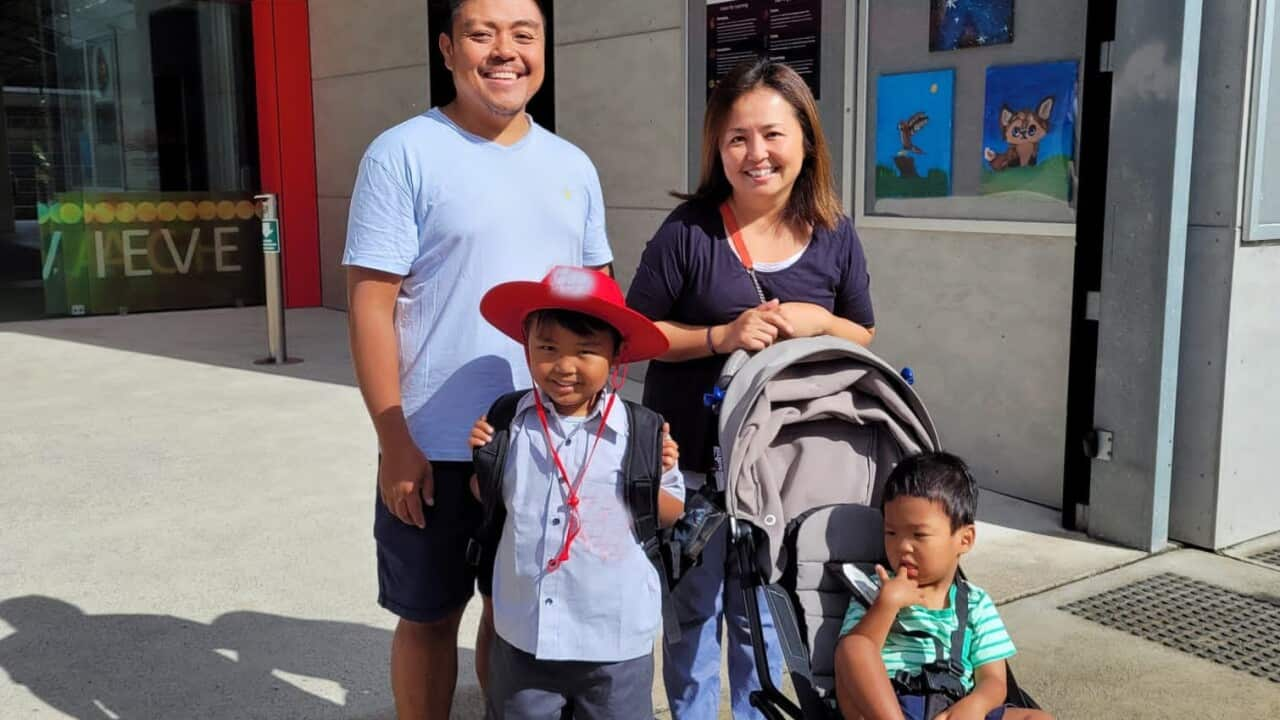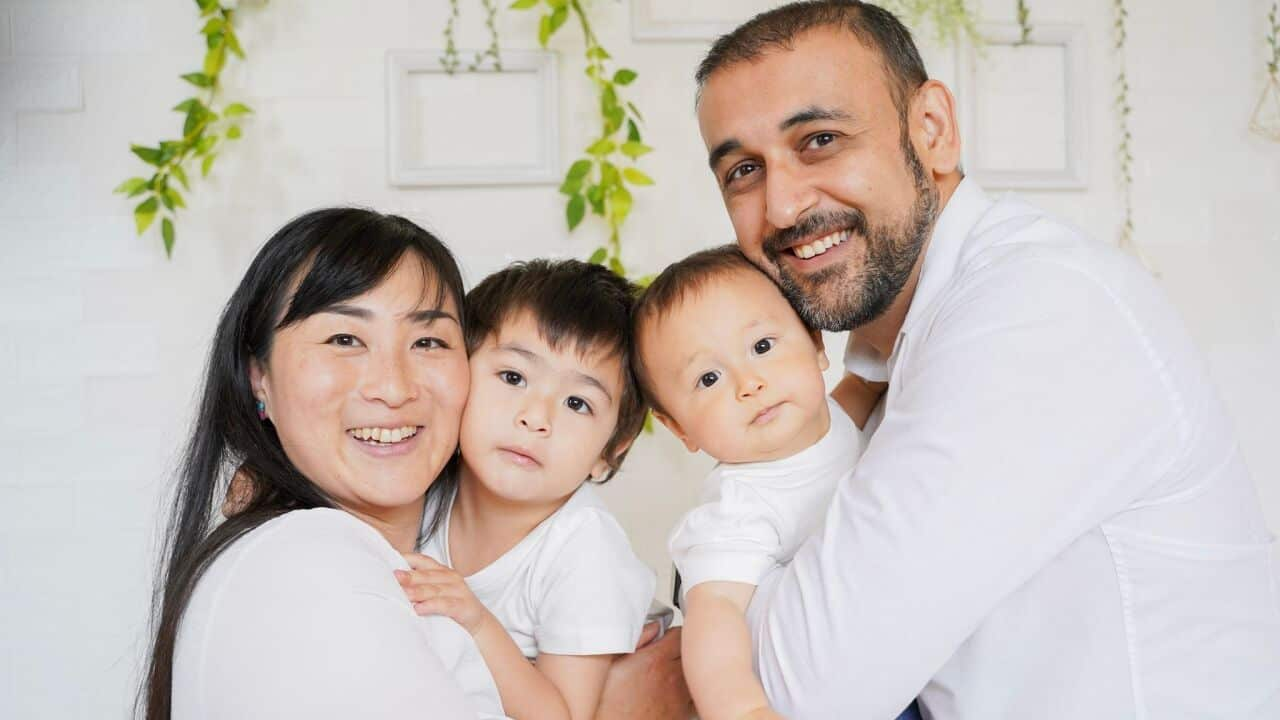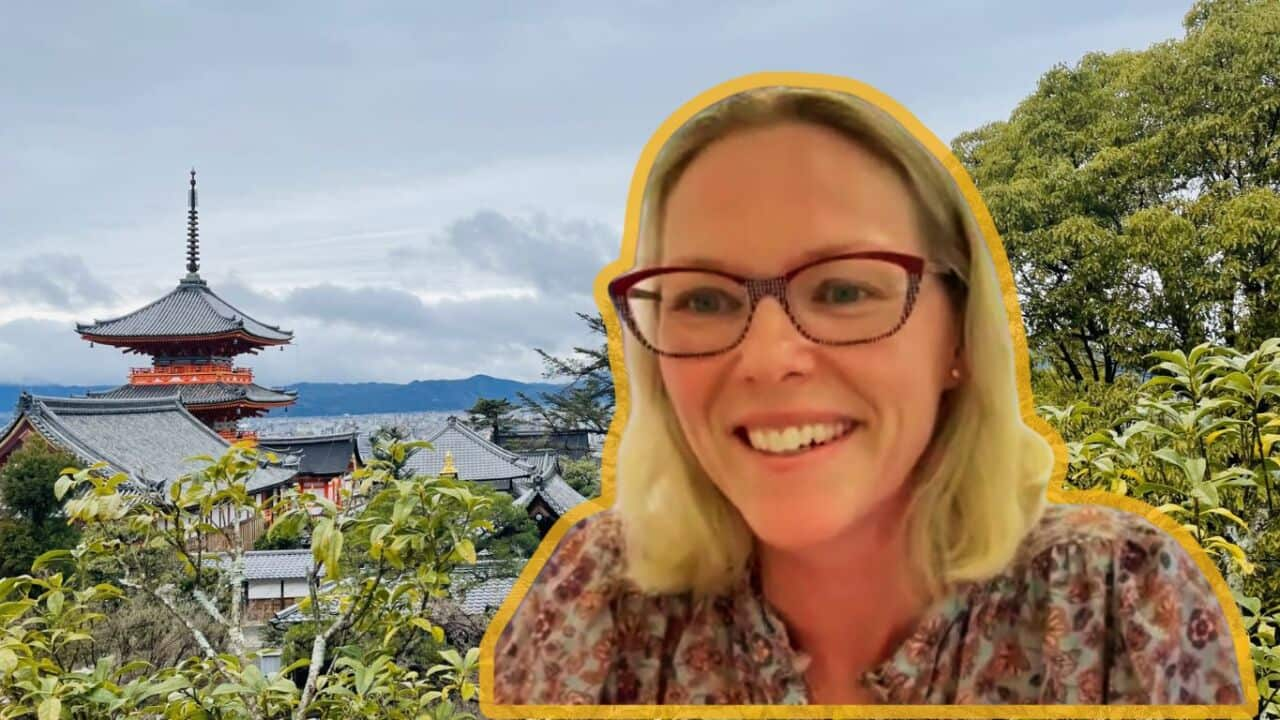Epilepsy is considered to be one of the most common brain disorders, and anyone can develop it regardless of age, gender, race, or ethnic background.
However, people living with epilepsy still face a lack of understanding in the society and some of them are forced to restrict their movements to minimize the risk of having a seizure in public.
This year, the 13th of February was International Epilepsy Day (second Monday in Februrary), which was set by the International Bureau for Epilepsy (IBE) and the International League Against Epilepsy (ILAE), to raise awareness about epilepsy.
In the audio, Ms Arahata shares her experience as a person living with epilepsy and insights on how to help people know more about the condition. She thinks that, to make the society more epilepsy-friendly, it is important for us to start asking questions what we could do.
For example, what would you do if your child wants to invite his/her friend who has epilepsy to the child's birthday party?
The types of Epilepsy seizures vary. Even though you are confident of your knowledge or experience and think that you can help a person having a seizure well, that does not mean you are actually providing the care the person wants or needs. Because every patient's condition is different.
Ms Arahata points out the importance of asking questions, asking the person with epilepsy about his/her condition and what he/she would like you to do when the seizure happens.
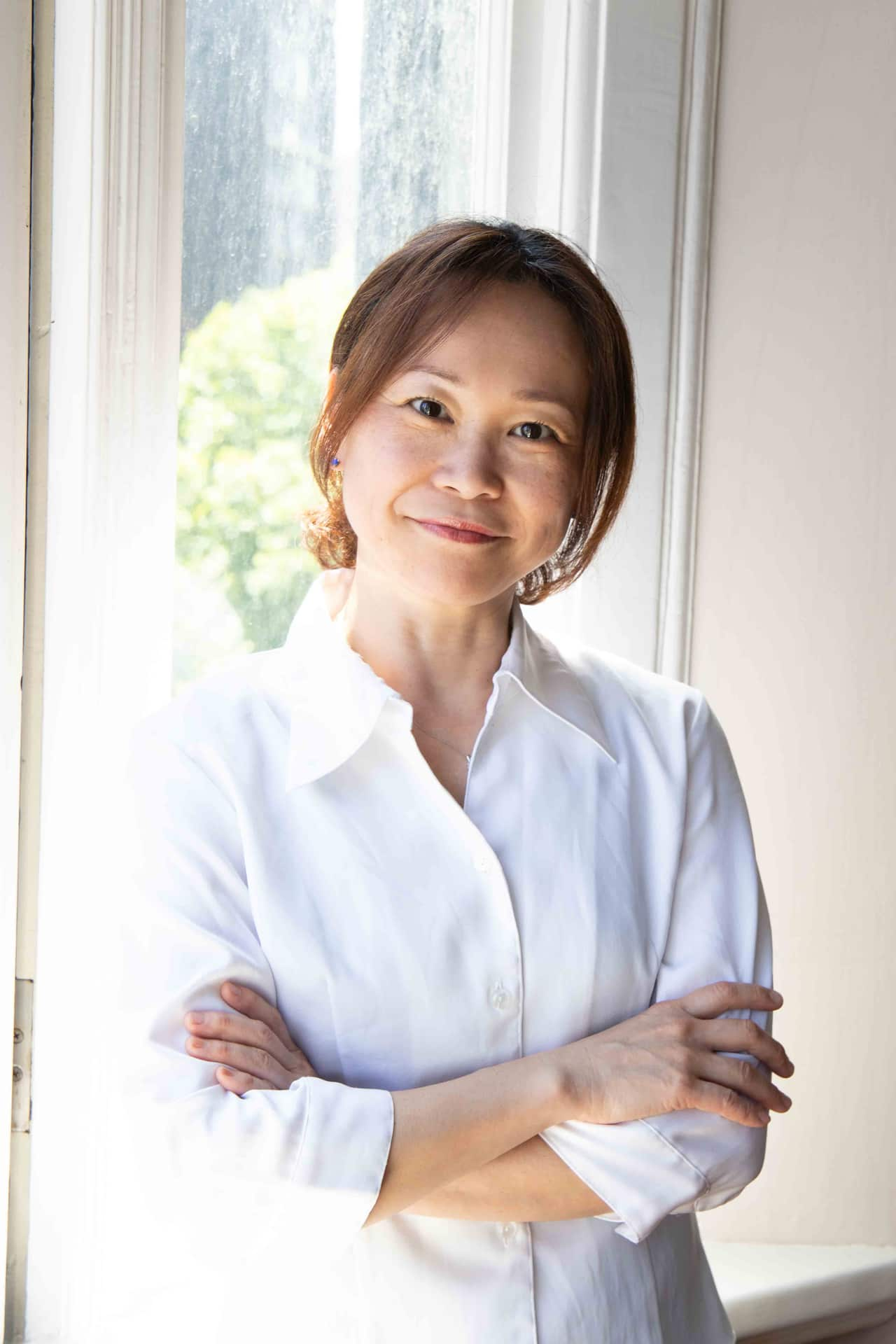
Download the free SBS Audio app to listen live and on-demand or explore podcasts.
https://podfollow.com/sbs-japanese
Visit our Facebook for more Japanese stories.
LEARN JAPANESE
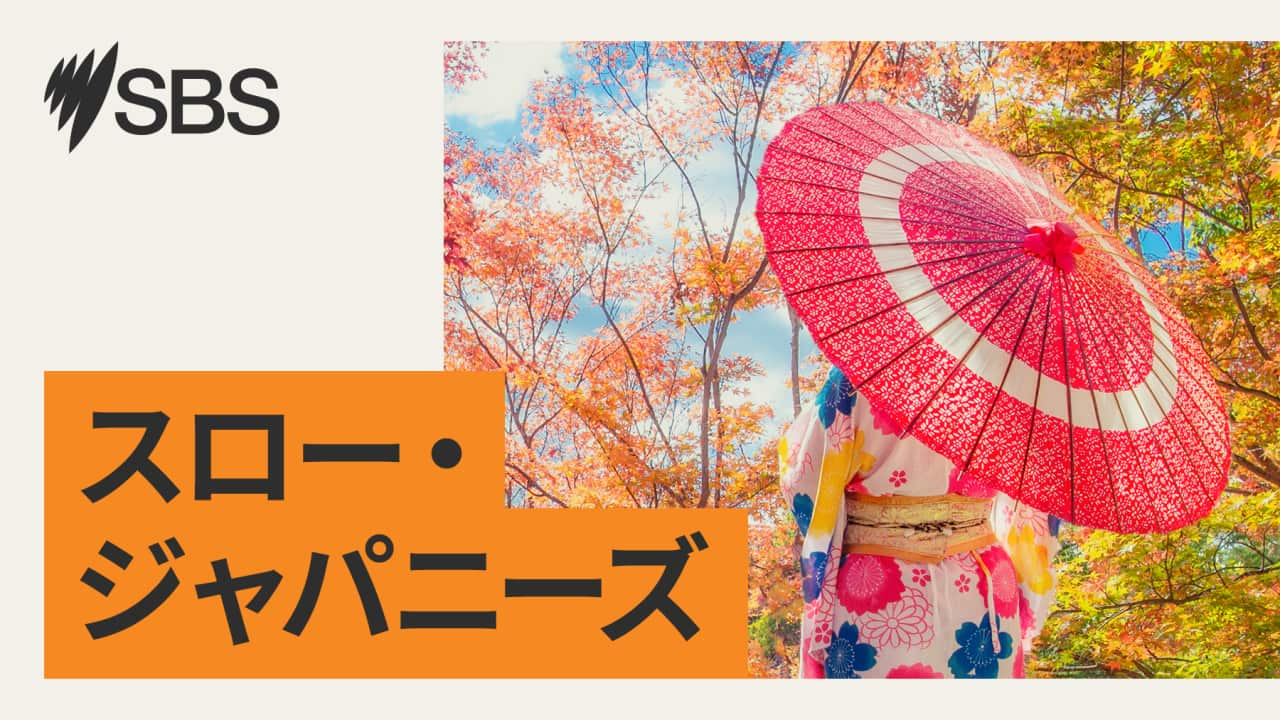
Slow Japanese

